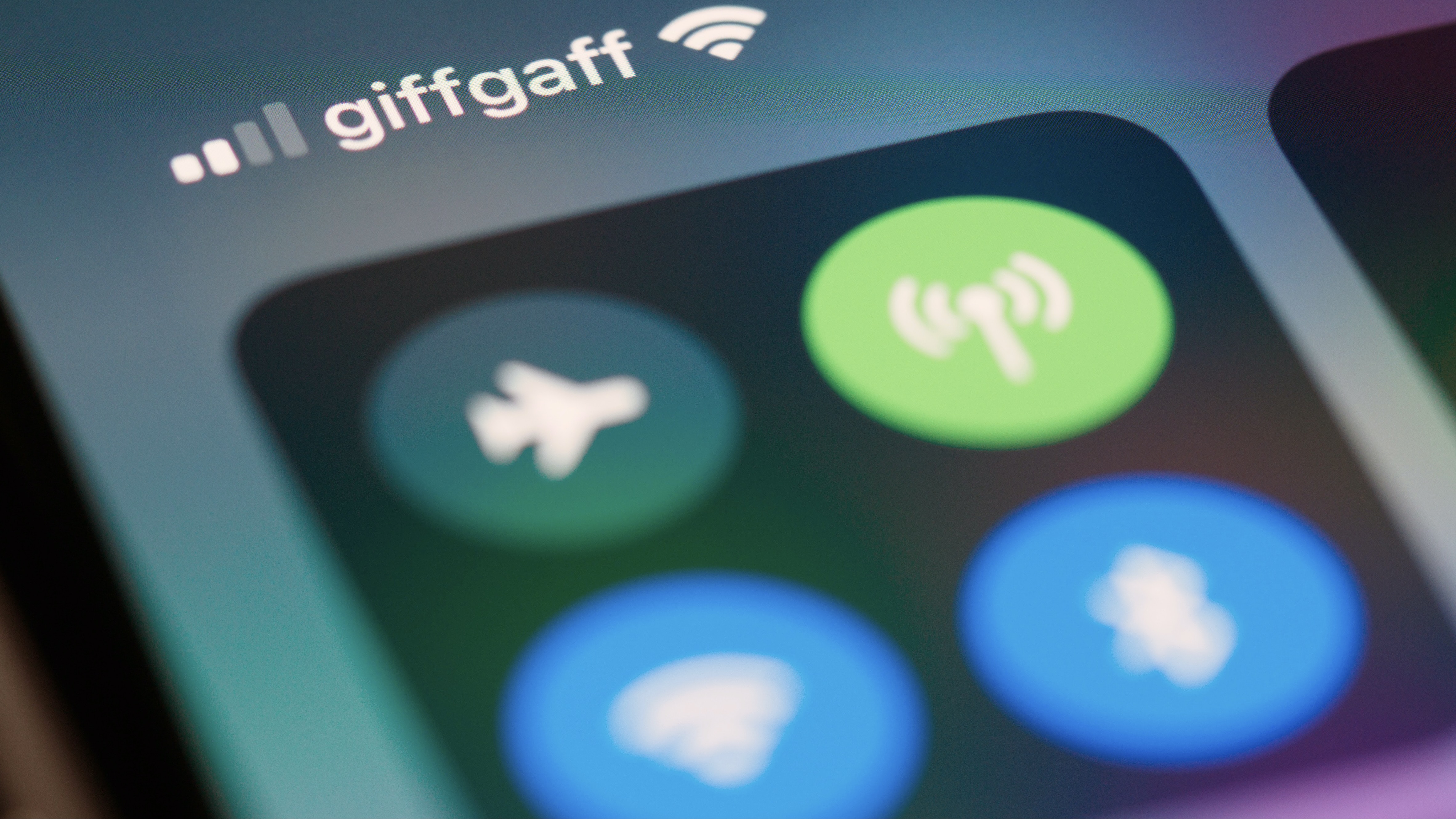We use Wi-Fi and Bluetooth connections every day — you connect to Wi-Fi when grabbing a coffee at Starbucks; you use Bluetooth to link your Apple Watch to your iPhone. But when you aren’t using these connections, it’s best to just turn them off.
It might seem like a bit of a pain to think about. After all, who wants to constantly activate and deactivate their Wi-Fi and Bluetooth connections throughout the day? Still, it’s a way to protect your devices and the data contained inside them. Here’s why.
Wi-Fi and Bluetooth are, obviously, different types of connections. Many of these connections are good, such as connecting to a known internet, or communicating with a safe peripheral. That said, sometimes connections aren’t so good. Bad actors can take advantage of your open Wi-Fi or Bluetooth connection to breach your privacy on your smartphone, laptop, or tablet.
Consider Apple’s AirDrop — it uses both Wi-Fi and Bluetooth to work, and has been exploited in the past. Strangers have taken advantage of unsuspecting users’ open AirDrop connections, even when the feature was set to “Contacts Only.” That bug has been fixed, but it’s possible new exploits will be discovered in the future.
So, in short, for the ultimate security, turn these connections off when not in use. Sometimes, that’s not doable. If you have an Apple Watch, Bluetooth will need to remain on at all times in order to maintain the connection between the watch and your iPhone. However, when you’re not wearing the watch, consider turning Bluetooth off.



